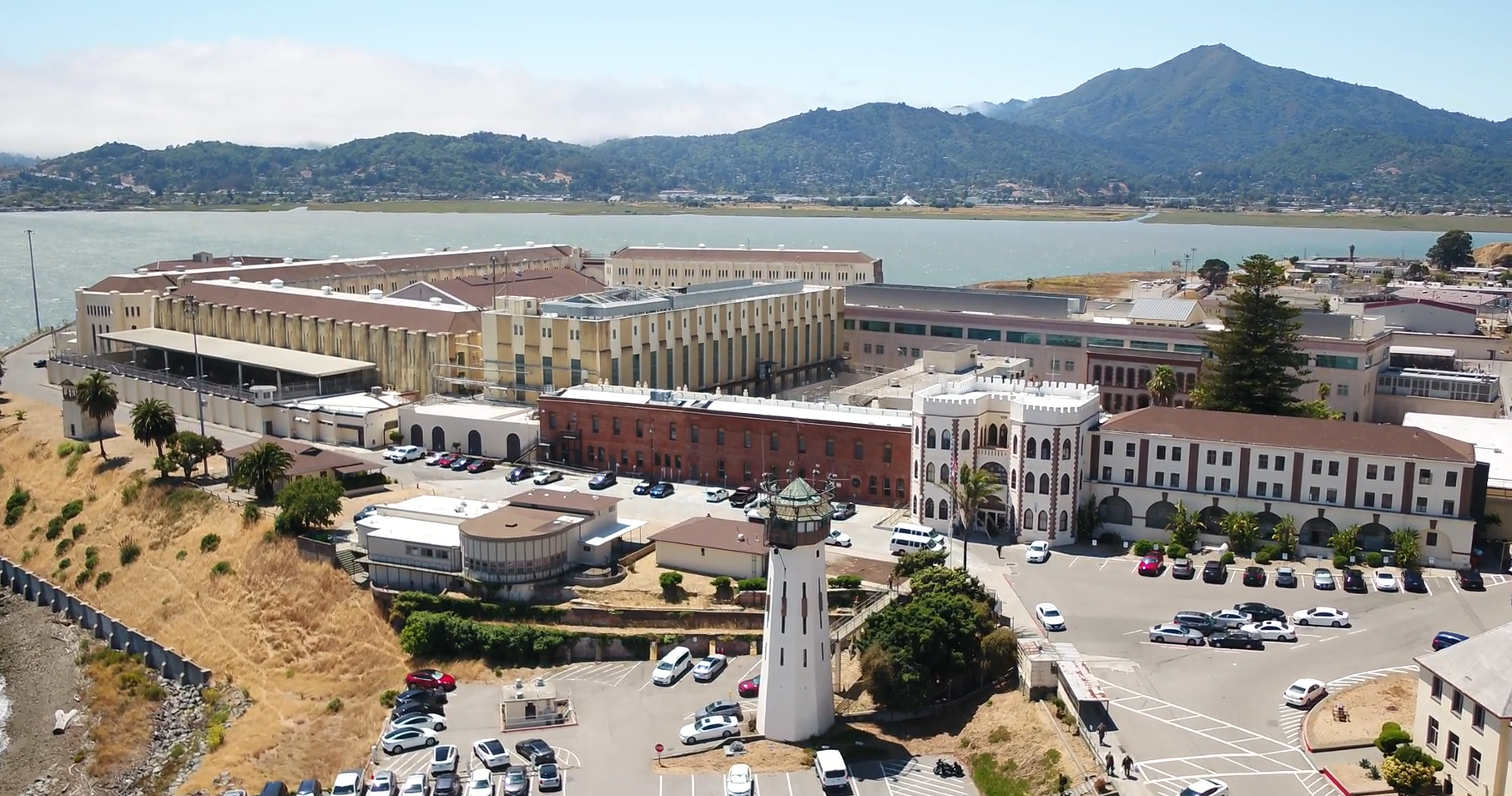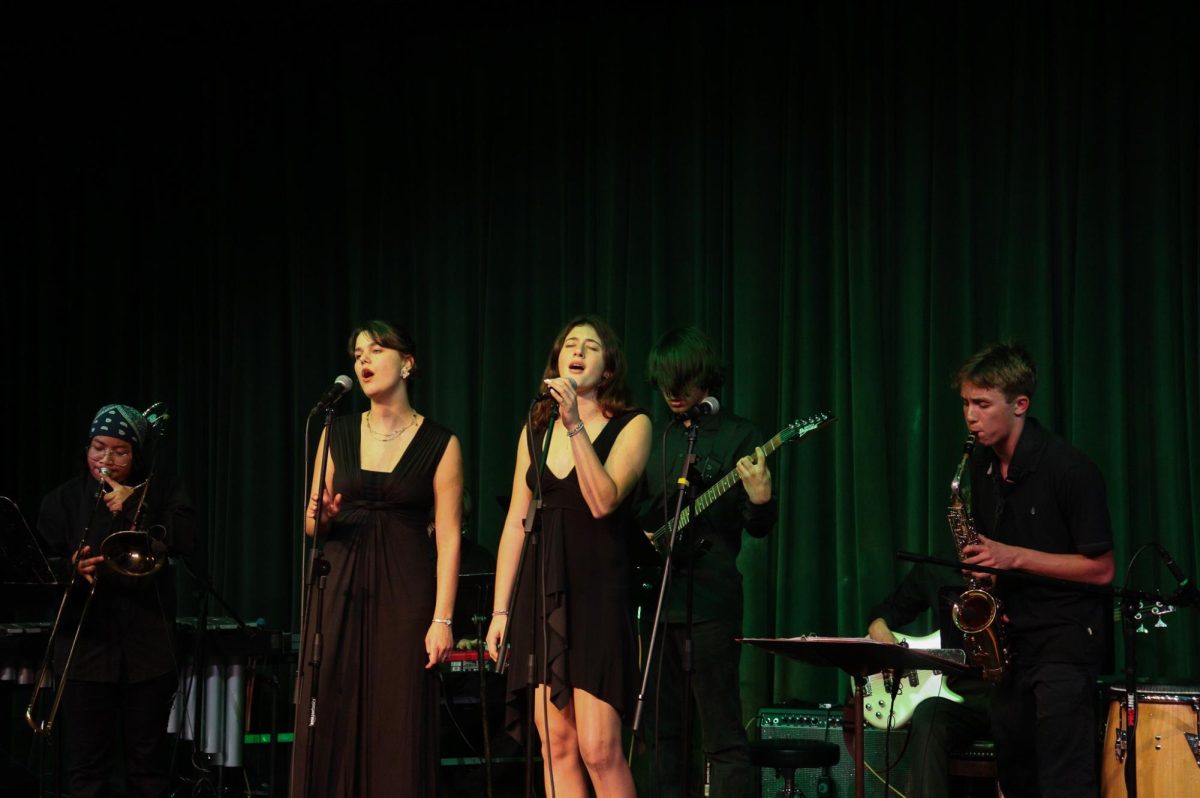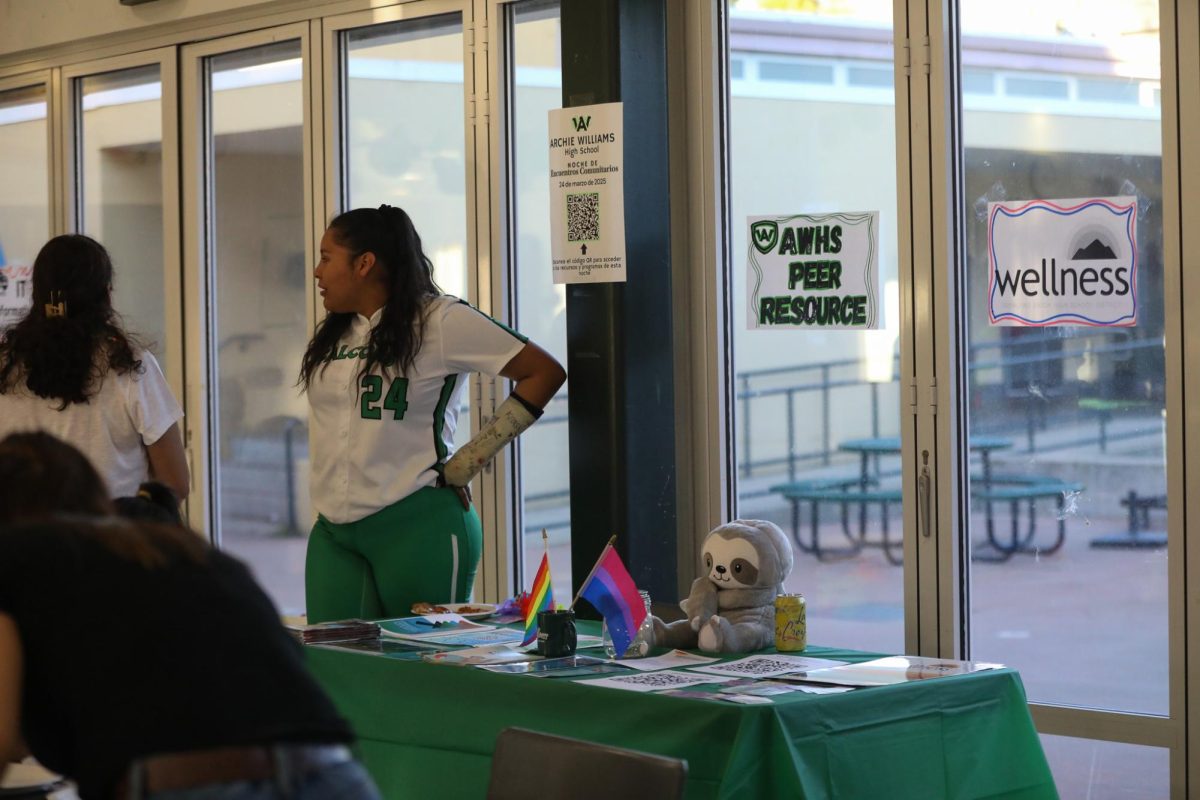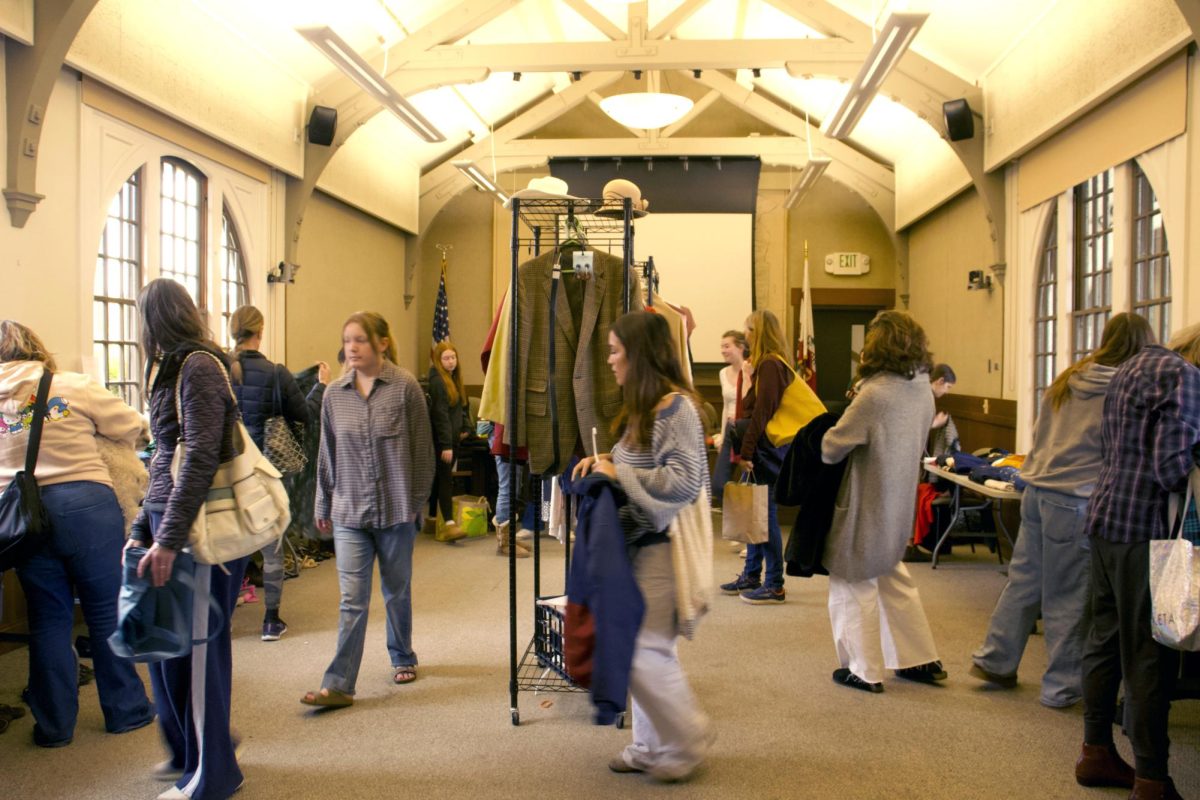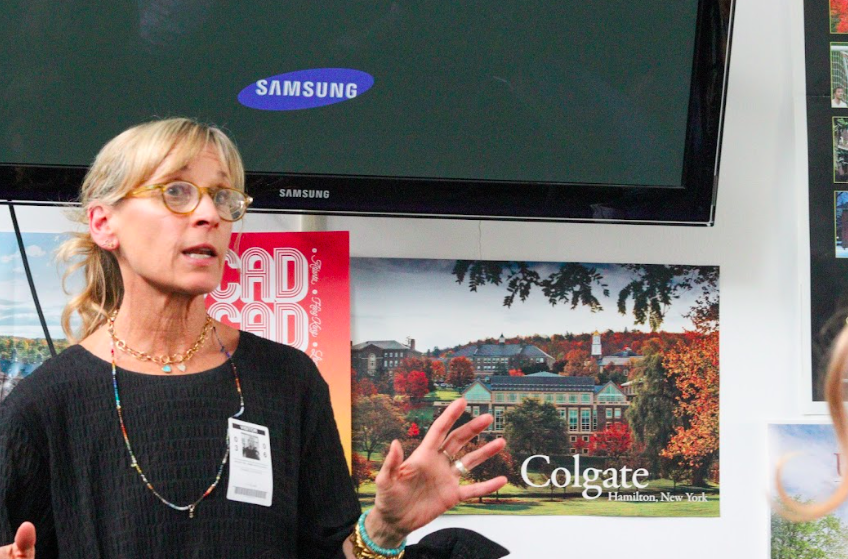With the nation’s focus on the presidential election, Election Day slipped by with smaller state propositions receiving less attention. In California, one such measure was Proposition 6, which aimed to abolish involuntary servitude in the California prison system. The measure did not pass, upholding the state’s current prison labor laws.
The California constitution currently prohibits involuntary servitude, “except to punish crime.” This “exception clause” loophole has allowed slavery to continue even after the passing of the thirteenth amendment, in a much more subtle way.
All incarcerated individuals in California prisons are required to either work or get rehabilitative treatment. If they are not receiving treatment, individuals work jobs including janitorial work, cooking, and manufacturing license plates. In fact, Folsom State Prison inmates have produced all California license plates since 1947.
Any incarcerated person who misses work can endure punishment, either with loss of visitation rights or additional time tacked on to their sentence. If Prop 6 had passed, it would have “prohibit[ed] the Department of Corrections and Rehabilitation from disciplining any incarcerated person for refusing a work assignment.”
Prop 6 did not intend for incarcerated people to not work at all; it simply intended to give them the freedom to choose when to work and take days off without punishment. J Vasquez, formerly incarcerated, is now the policy and legal services manager at Communities United for Restorative Youth Justice (CURYJ). In his experience, most incarcerated people would work if given the choice.
“The vast majority of people want to work. [Our opposition to Prop 6] is not about not working. This is more about not being punished for not going to work for being sick, or for losing a loved one and wanting a few days to grieve the loss the person suffered, or maybe [for] getting injured on the job and [taking] some time to recuperate,” Vasquez said.
Although incarcerated individuals perform a wide range of jobs and tasks, the prison payment system fails to reflect this. There are a scarce, set number of paid slots per job that determine whether or not workers receive a wage. Holders of paid positions can earn 16 cents to a maximum wage of a dollar per hour.
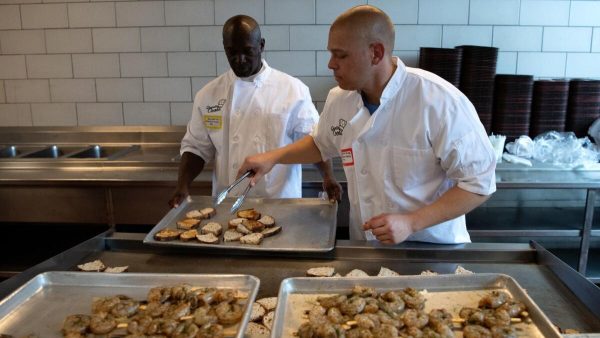
“The best job that I had as far as pay was making a quarter an hour. Before that, a lot of jobs I had didn’t pay me anything. 25 cents an hour, to me, meant a lot; I could go and buy deodorant and toothpaste and shampoo, basic necessities, maybe get some soups, some ramen to subsidize the lack of food they give you inside [prison],” Vasquez said.
When the measure was first proposed in 2022, its opposition worried that the language would make it possible for incarcerated people to demand minimum wage, and the Senate struck down the proposition before it could even reach the ballot. This year, organizers clarified Prop 6’s intentions to abolish the punishment of an incarcerated person for not attending a work assignment as opposed to providing payment.
Even so, the proposition faced its share of challenges. The legislature was approved June 27, and with the time it took to form a ballot committee, advocates had only two or three months to campaign, which allowed very little time for political education. It also limited the campaign’s fundraising abilities, according to Advocacy and Communications Strategist for the Anti-Recidivism Coalition (ARC) Josh Pynoos.
“Our campaign has limited funding to get the word out to educated voters about the measure,” Pynoos said.
Lack of funding wasn’t the campaign’s only challenge; Senior Policy Adviser at NextGen Policy Kenneth Spence suggests the public’s perception of crime as a reason for Prop 6’s failure.
“The misperception by the public, and fed by certain elements of the media, [is] that crime is running rampant when the data does not support that conclusion. I think the reaction to that played a large part,” Spence said.
The large majority of states have passed propositions similar to Prop 6, banning involuntary servitude. The 2024 election saw Nevada join other typically conservative states like Tennessee and Nebraska in eliminating any form of involuntary servitude from their state constitutions. As of Nov. 2024, California is one of only 16 states where involuntary servitude is legal. Pynoos believes the language used is one possible explanation for why these conservative states could pass this bill and liberal California couldn’t.
“This measure passed in Nevada, but the difference was the word ‘slavery’ was used in theirs. If we can bring this back with different language, we are confident voters will better understand the measure,” Pynoos said.
In Nevada, Question 4 contained the word “slavery,” while in California, Prop 6 did not. In the past, the word “slavery” has held more weight and historical significance than “involuntary servitude.”
“When you mention involuntary servitude, people sometimes don’t understand what that means. They don’t make the connection to forced labor under threat of punishment, which is slavery. When people don’t make that connection, and they don’t tie it to the vestiges of slavery here in California, they tend to vote no,” Vasquez said.
According to Spence, had Prop 6 passed, it would have taken away some of the emphasis on work and opened up more room for rehabilitation opportunities for incarcerated people. He believes that rehabilitation should be a top priority in prisons as it can help incarcerated people reenter society smoothly.
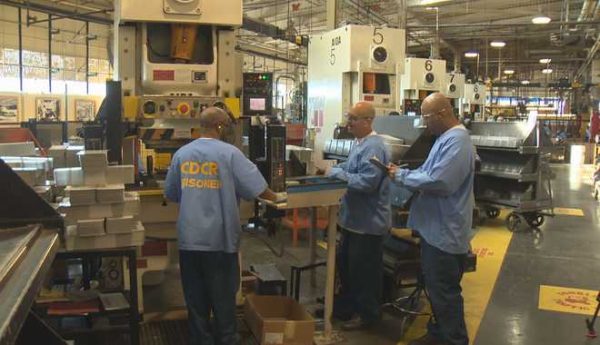
“Successful rehabilitation and reentry should be the primary goals of the system. Forcing people to do jobs that may not have any real rehabilitative value, when their time could instead be spent on educational and self-improvement opportunities, seems counterproductive,” Spence said.
Prop 6 also sought to give incarcerated people the freedom to choose what jobs they perform based on their interests and long-term career goals.
“Forced labor only punishes people. It doesn’t offer meaningful chances to learn job or career skills. The jobs available are mostly menial labor positions that pay cents per hour… If people were able to choose which jobs they perform, it would be helpful as they could learn or develop skills that would help them in the long run,” Pynoos said.
Before Prop 6 reappears on the ballot, advocates hope to educate the public on the measure’s meaning and implications, especially in less urbanized areas.
“Outside of Los Angeles, San Diego, and the Bay Area, there was very little organizing being done to educate people on what it would mean to pass Prop 6 and so there’s work to be done in Central Valley, specifically…in the meantime, no matter what, we’re going to be doing public education,” Vasquez said.
Californians expect the measure to reappear on the midterm election ballot, though the campaign may prioritize political education before reintroducing the proposition.
Regardless of the reason, California voters’ rejection of Prop 6 marked a shift in the typically liberal state. Even though it failed, Prop 6 compelled voters and the state to consider their values when it comes to involuntary servitude.
“I think what California needs to do is come to terms with our vestiges of slavery, look at the history, the trauma, and come to a reckoning and see that’s not what we reflect, that’s not our values, and it’s a shameful past,” Vasquez said. “[When] we think about what we value today, as a state, as a nation, it has no room for slavery in any form, even if that’s only against incarcerated people. It doesn’t justify it.”


